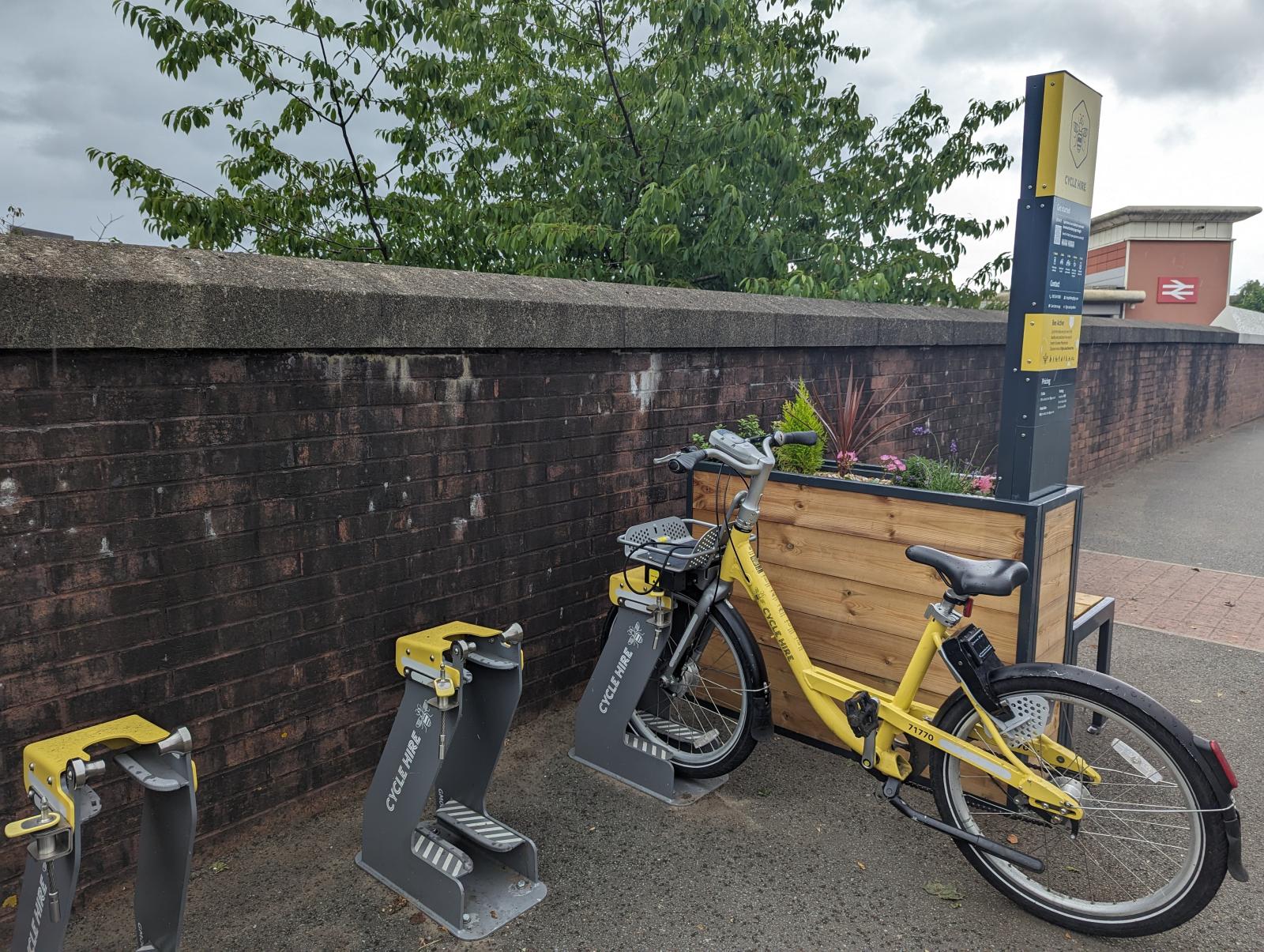Why shouldn’t travel be joyful? Looking beyond modal shift

When we talk about innovative new forms of shared mobility – like e-scooters - we often find ourselves fixating on what it will mean for modal shift or, more precisely, will it mean fewer car journeys?
But whilst modal shift potential is fundamentally important, it shouldn’t blind us to the wider potential of transport to transform people’s lives and opportunities. That was a message that emerged strongly from last week’s Shared Mobility Roadshow, hosted by CoMoUK (the shared transport charity) and UTG member Transport for Greater Manchester (TfGM).
An intriguing question asked at the roadshow was ‘why shouldn’t travel be joyful?’.
Research among over 400 people using Salford’s rental e-scooter scheme presented at the event found that the most popular reason for choosing to use a e-scooter was because it was ‘fun to use’ (70% of riders), closely followed by ‘curiosity’ (66%). Lagging in third place was the more practical consideration of e-scooters being faster than other options (53%).
The capacity of transport to inspire fun, joy and playfulness is an underrated consideration and it can’t be ascribed simply to the ‘novelty’ factor of e-scooters.
It’s your inner child squealing ‘wheeeeee!’ as you whizz down a hill on your bike, the curiosity as you explore a new path on foot or the appeal of the front seat on the top-deck. Movement and exploration should be fun and it’s certainly worth thinking about how we can inject that joy into people’s daily journeys.
As one e-scooter rider participating in the research put it: “I use them because I love them. I don’t really need to… it adds a fun element to what can be a bit of a tedious experience of commuting… It’s the same when I cycle to work.”
The use of the word ‘love’ is also significant.
Richard Nickson, Active Travel Programme Director at TfGM talked about the importance of fun in travel, but also of love. The distinctive bees and yellow branding of the emerging Bee Network in Greater Manchester hope to inspire love for that network through a sense of local pride and ownership. Fitting, given the area will be the first to begin bringing buses back under local control come September.
He also described striving for a sense that ‘The network out there should be caring for you’. What would a caring network look like? It would certainly put safety, comfort and simplicity at the heart of its operations. Those factors are vital in ensuring transport is a gateway to opportunity.

In other insights from the Salford research, we heard stories of women using e-scooters to travel home at night as they were seen as safer than standing at bus stops or walking.
Another rider with chronic fatigue syndrome spoke about how using e-scooters had meant they could go to their university campus more often. The ease of using an e-scooter meant that they could conserve energy compared to walking and save money compared to taking a taxi. Another used e-scooters to travel to early shifts at times when buses were not yet running.
These stories serve to demonstrate that innovative modes like e-scooters can be about much more than modal shift. They can serve to open up opportunities for a wide range of people.
Indeed, whilst the Salford research found that young males were over-represented among e-scooter riders, it is also true that this group tends to be the early adopters for any new technology, with others following later.
That said, a representative from Bournemouth’s e-scooter trial noted that the average age of their riders is 41. A key factor in this has been the operator’s efforts to run on-road courses with Bikeability to give older people more confidence on forms of new mobility. The speaker gave the example of his neighbour who, at 70 years old, uses the e-scooters to enable him to walk his dog. Having previously employed a dog walker, the e-scooter allowed him to reclaim the joy of spending time outside with his canine companion.
Another reminder to notice the wider benefits that innovations in transport can bring, benefits that can’t always be measured but that nonetheless help people to live life to the full.
Rebecca Fuller is Assistant Director at the Urban Transport Group

